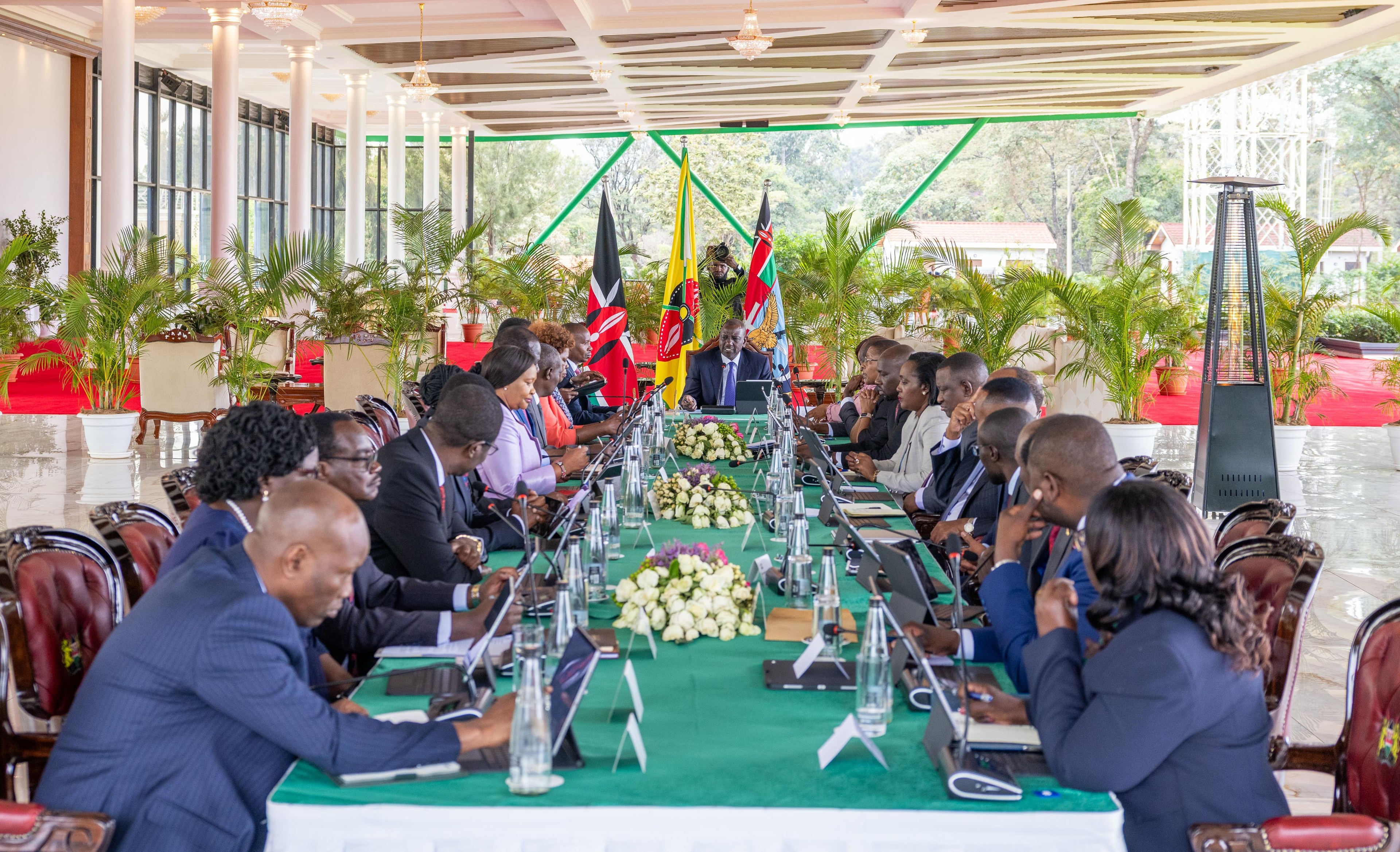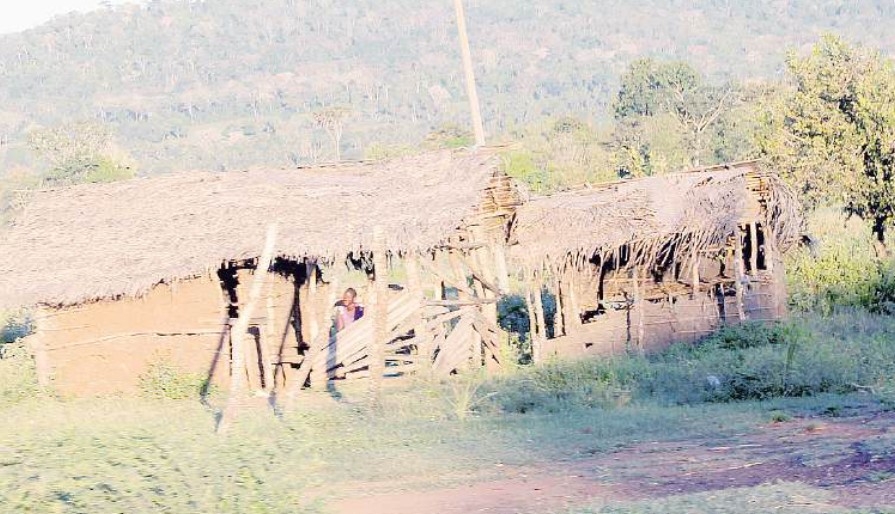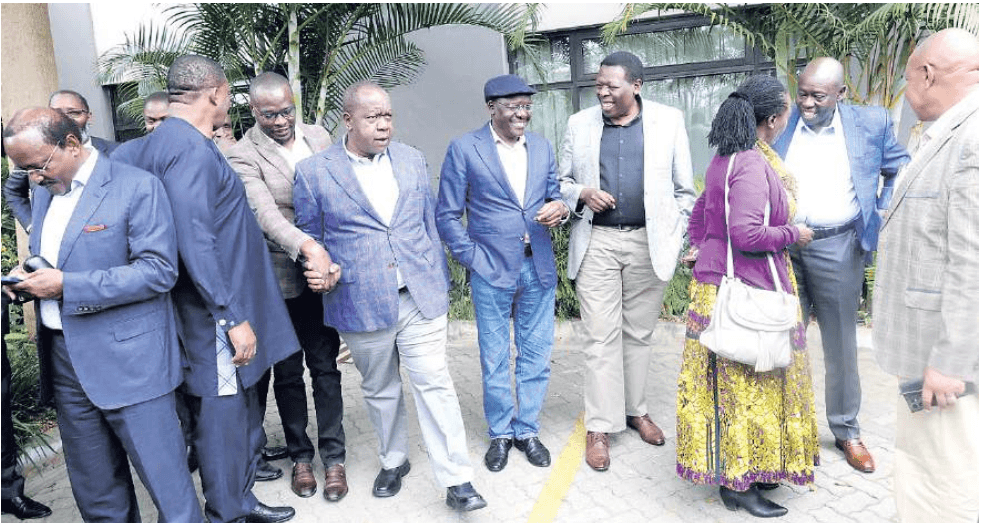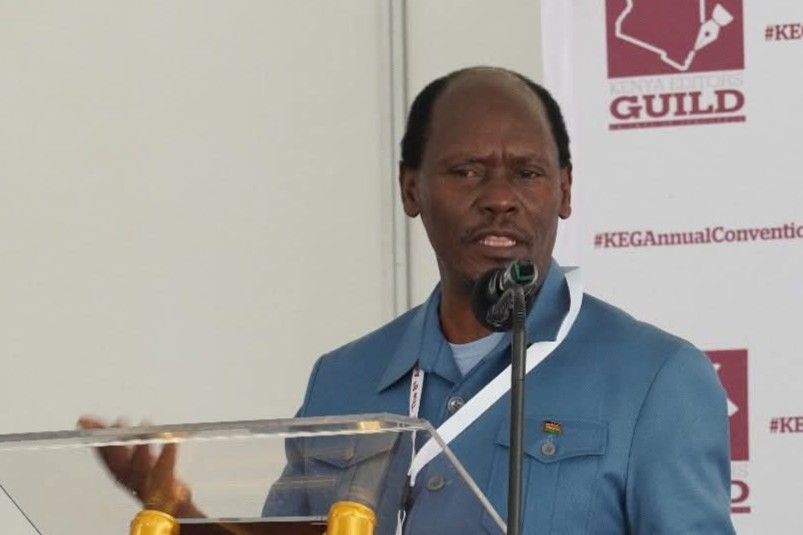In his inaugural speech in December 2002, then President Mwai Kibaki said that “corruption will cease to be a way of life in Kenya” and called on all members of his government and public officers accustomed to corrupting practices to know the looting was over.
All good but corruption never ceased to be a way of life in Kenya in the 10 years Kibaki was in power. In fact, it got worse.
Seventeen years later in 2019, President Uhuru Kenyatta said more or less the same thing Kibaki did in 2002, promising that “the war on corruption” will continue to be waged by his government “with all tools at [their] disposal in law, without compromise or concession.”
As Uhuru himself would admit a year later, his government failed to reign in corruption and blamed this on the very agencies which are supposed to fight corruption.
The agencies, for their turn, blamed each other. So, the net outcome was Uhuru, too, did his 10 years and left office without even making a dent in corruption. In fact, corruption got even worse in President Kenyatta's term.
His predecessor William Ruto pledged the other day to take bold action to combat corruption following allegations of a scandal regarding the supply of mosquito nets.
Giving credence to one of his campaign slogans kusema na kutenda (doing what one says), Ruto sacked Health Principal Secretary Josephine Mburu and the whole of the Kenya Medical Supplies Authority board over this alleged mosquito scandal.
To be sure, Ruto’s action is not unprecedented. In March 2015, Uhuru suspended 175 senior government officials — among them — five Cabinet Secretaries who were all eventually sacked from government though none of them was convicted of the crime they were accused of.
However, Ruto’s action, especially given the rumours as to who may have been behind the alleged theft, is a strong signal the President has rolled up his sleeves and is ready to take corruption head on.
Which begs the question: will he succeed?
The answer is yes and no.
Yes because the President has shown already a distaste for greed and corruption, much of which has not been made public. A once close ally, for example, is said to have been sidelined because the greed with which the individual was stuffing his pockets was too much for the President.
No for several reasons.
First, the culture of corruption is too deeply rooted in the country’s psyche and way of life; it would take more than just a concerted effort to confront it by the government. Rather, it would take both a President seriously committed to ending corruption and a willingness and readiness of Kenyans to both understand their role in enabling corruption and doing something about it.
When former Interior CS for Interior Matiang’i was summoned by the Directorate of Criminal Investigations to answer questions, and there were conflicting reports as to whether his arrest was imminent, a ragtag of Gusii residents, including some leaders, started screaming the usual refrain, “they are finishing us!”
This nonsense must stop. If an individual has committed or is suspected of having committed economic or any other crime, they should face the music on their own without dragging their respective communities into their woes.
AfriCOG aptly sums it up as follows: many corruption cases end up being dismissed by the Directorate of Public Prosecutions, others in acquittal mainly because of poor quality investigations and only some go through successful prosecution.
Central in this lacklustre performance by these oversight and accountability institutions, such as the Ethics and Anti-Corruption Commission and the criminal process is, ironically, the same money that has been stolen which is used as a shield against prosecution.
Everyone in a position to influence the outcome of a serious criminal investigation of economic crimes is for sale. That, many would argue, even includes the judges before whom these cases are tried.
If Ruto is serious as he appears to be, he will likely take on corruption unlike any President before him. He will certainly do more than Uhuru and Kibaki did knowing Moi and Kenyatta invented or exacerbated the now rampant corruption.






![[PHOTOS] Ruto present as NIS boss Noordin Haji's son weds](/_next/image?url=https%3A%2F%2Fcdn.radioafrica.digital%2Fimage%2F2025%2F11%2Ff8833a6a-7b6b-4e15-b378-8624f16917f0.jpg&w=3840&q=100)










